Swiss sailors’ amateur films inspire Zurich art show
An active merchant marine may sound at odds with a landlocked nation such as Switzerland, but the country prides itself of its high-seas fleet. The discovery of film footage by Swiss sailors in the 1960s led to a Zurich exhibition that explores some of the most pressing contemporary issues related to the sea.
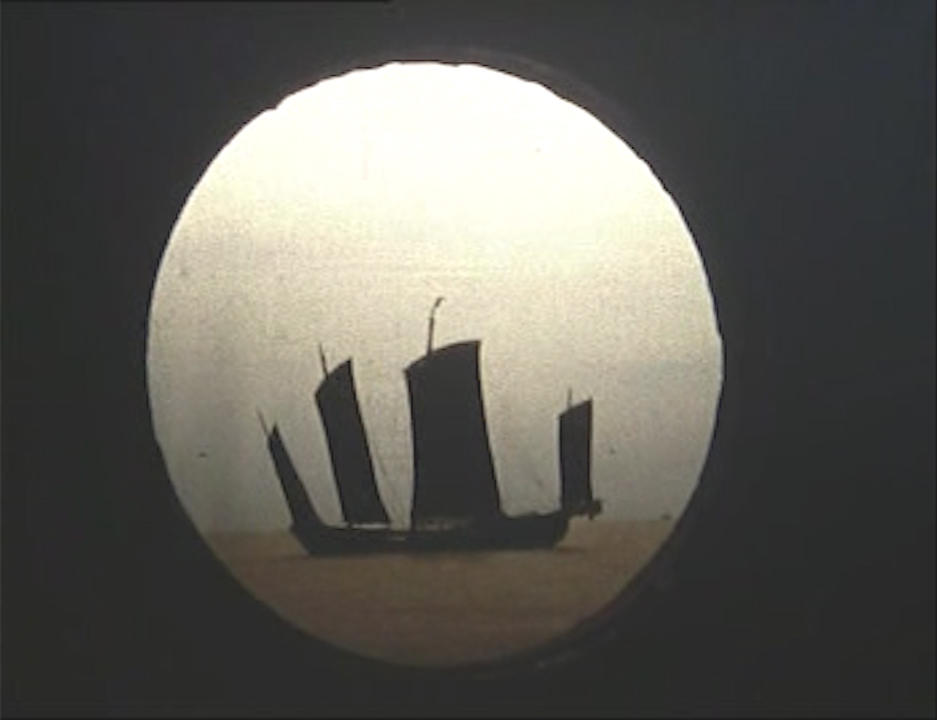
The vast expanse of the sea its promise of freedom was what Ernst Christinger sought when, after barely reaching legal age, he left the Swiss village of Azmoos in the late 1950s to become a sailor.
During the following 15 years, he travelled the world aboard the MS Basilea, one of the most well-known trading ships flying the Swiss flag.
Ernst and his fellow crew members documented their life at sea with Super 8 film cameras they had bought cheaply during a port call in Hong Kong. His son, Damian, found these films, along with a trove of other documents, postcards, photos after Ernst’s death.
The sentimental affection was evident for Damian Chistinger as he scanned the material, shedding light on Ernst’s life before fatherhood.
That landlocked Switzerland had a merchant marine might sound paradoxical. As a curator, Damian looked at these films and saw an opportunity to dive deeper into a not very well-known part of Swiss history.
He teamed up with Roger Buergel, the director of of the Johann Jacobs Museum in Zurich, and the researcher Bettina Schuler, and together they expanded the scope of the material to develop what became the exhibition “A ship will not come.” Their collaboration turned into a reflection on some of the most pressing contemporary issues of life at sea at the Zurich museum.
The project fell into very good hands. Buergel, the museum’s director, revamped the then Coffee Museum in Zurich (as the Jacobs Museum used to be known), transforming it into a sort of laboratory devoted to the exploration of trade routes and global issues through the interweaving of art, science and social research.
A way to escape from Swiss society
The merchant marine used to stand high in the imaginary of restless youth like Ernst, explains Damian. They had limited prospects of careers and advancement beyond the rigid social life of their hometowns and valleys and found an alternative, freer life at sea.
But this exhibition is not a straightforward historical retrospection. It doesn’t show concern for official narratives. Still, the original footage, enhanced by the display of a carefully-curated show of artworks and videos by contemporary artists such as Adnan Softic and the Swiss-Brazilian duo Dias & RiedwegExternal link, brings to the fore the importance of Switzerland as a trading power over the last centuries.
The slave trade of the Americas, for one, used to be an activity to which Swiss companies, financiers and traders engaged wholeheartedly. Notwithstanding the Swiss political neutrality, some of its entrepreneurs profited immensely from business opportunities opened by the colonial powers, accumulating capital that still keeps the little Alpine nation as one of the leading players in the global economy.
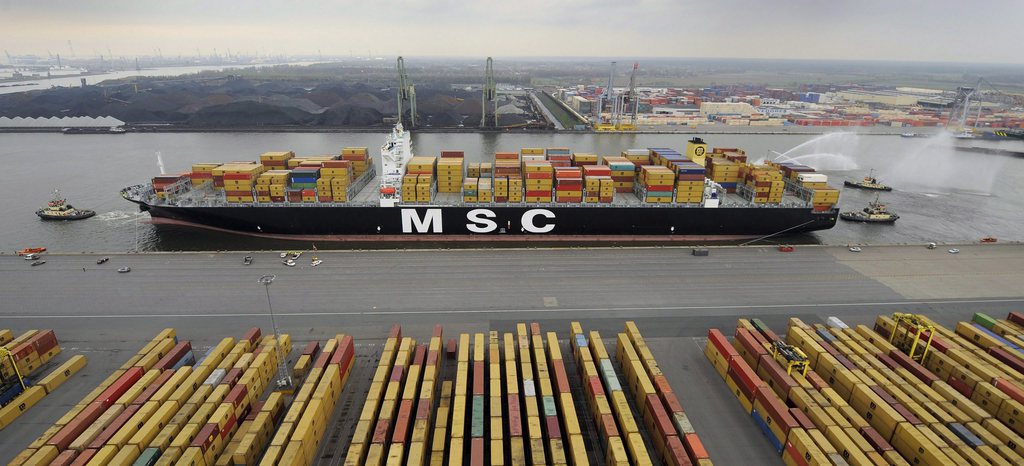
More
Switzerland – the discreet shipping giant
The Johann Jacobs method
Damian Christinger said he remembered seeing his father in tears only once: they had arrived at a beach in Greece for holidays. After a long time spent away from the sea, Ernst once again saw its vast expanse, and declared his “eternal love” for it.
But Buergel, the former artistic director of the prestigious documenta XII (2007)External link in Kassel, Germany, turned the footage unearthed by Christinger not into a sentimental display of times past but uses it as a tool to explore broader issues.
The curators wanted to contrast that romantic nostalgia with the experience of the millions of people who don’t experience the sea the way Ernst did, be they migrants or others whose lifeline at great peril depends on the sea.
It looks at the millions of refugees who brave the waters seeking an unknown haven away from murder, pillage or destitution; and the workers of huge shipyards at Indian and Pakistani ports, who at considerable personal risk disassemble ships for scrap metal.
The title of the exhibition – “A ship will not come” – the title of the exhibition plays down the idea of a coming ship as the harbinger of hope; Instead, Buergel declares that the exhibition is devoted to the “sea voyage with an uncertain outcome – which is not to say that an uncertain outcome necessarily has to be catastrophic”.
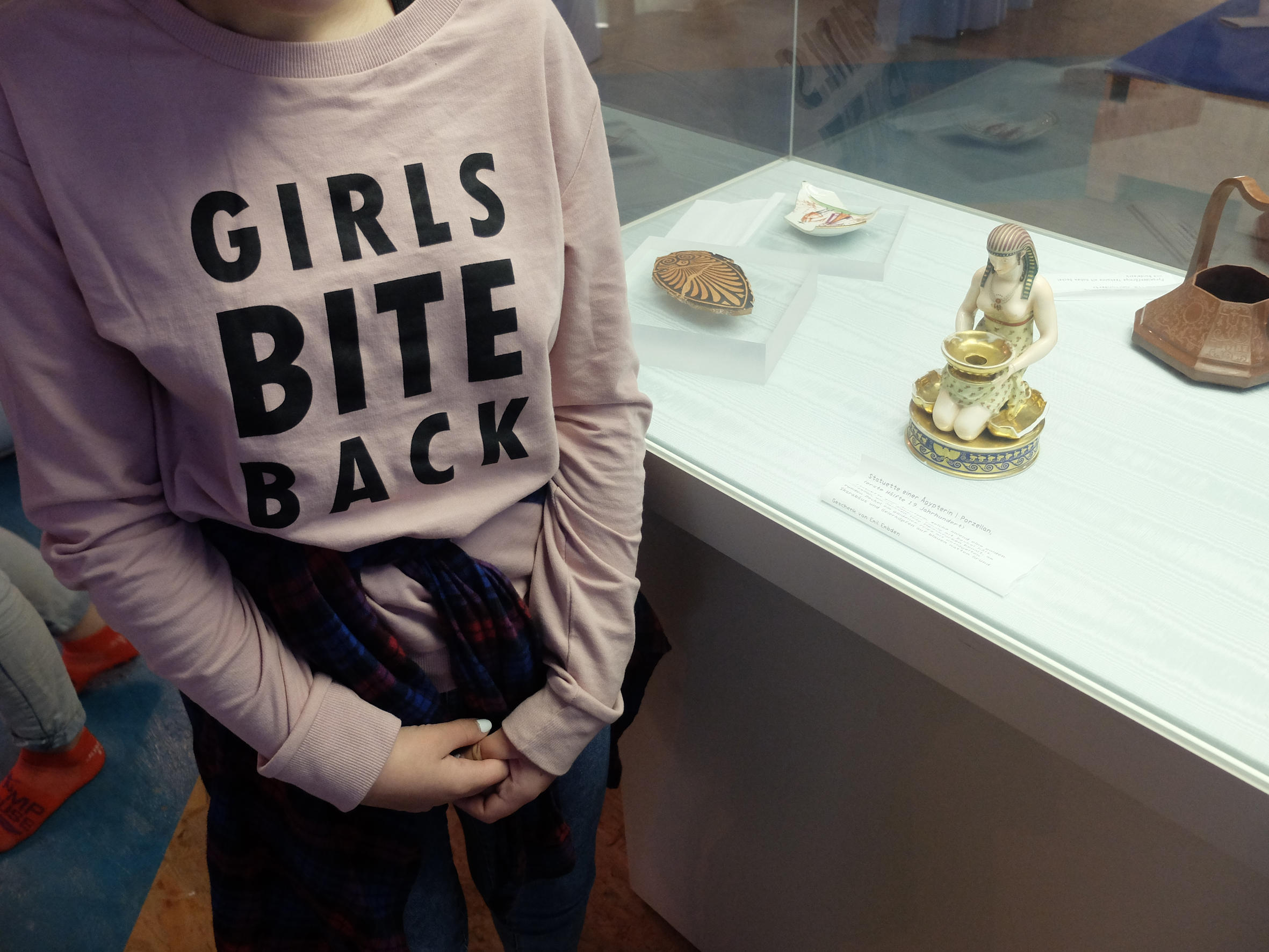
More
Experiments made in Zurich defy museum conventions
Beyond the exhibition
Parallel to the exhibition itself, the museum has hosted a series of public talks.
They explore human imagination related to the sea. It is a fertile ground to the invention of all sorts of sea monsters, tropes and metaphors for the awe and fears the high seas inspire. Cartographic designs tell real-life stories hidden in the diagrams and symbols.
The Italian photographer and filmmaker Armin Linke reflects on the boredom and uneventfulness of essential matters, such as the development of an international legal code of the seas, where lawyers and lawmakers face the question of whether the sea itself – and any other non-human entity – deserves legal representation. He also looks at the legal, ecological and economic matters surrounding deep-sea mining.
In another artistic depiction, the sheer scale of the sea vis-à-vis the human invisibility and voicelessness are explored, says Hannah Baader, a senior researcher at the Kunsthistorisches Institut in Florence, Italy, as she reflects how contemporary artists have explored the plight of contemporary migrants.
Due to the coronavirus crisis, the exhibition and the planned public talks have all been cancelled until further notice. But the organisers said that the museum might extend the show beyond its scheduled closing date in May, and recommends that visitors check the Johann Jacobs Museum websiteExternal link for more.

More
Swiss merchant navy celebrates 75th anniversary

In compliance with the JTI standards
More: SWI swissinfo.ch certified by the Journalism Trust Initiative


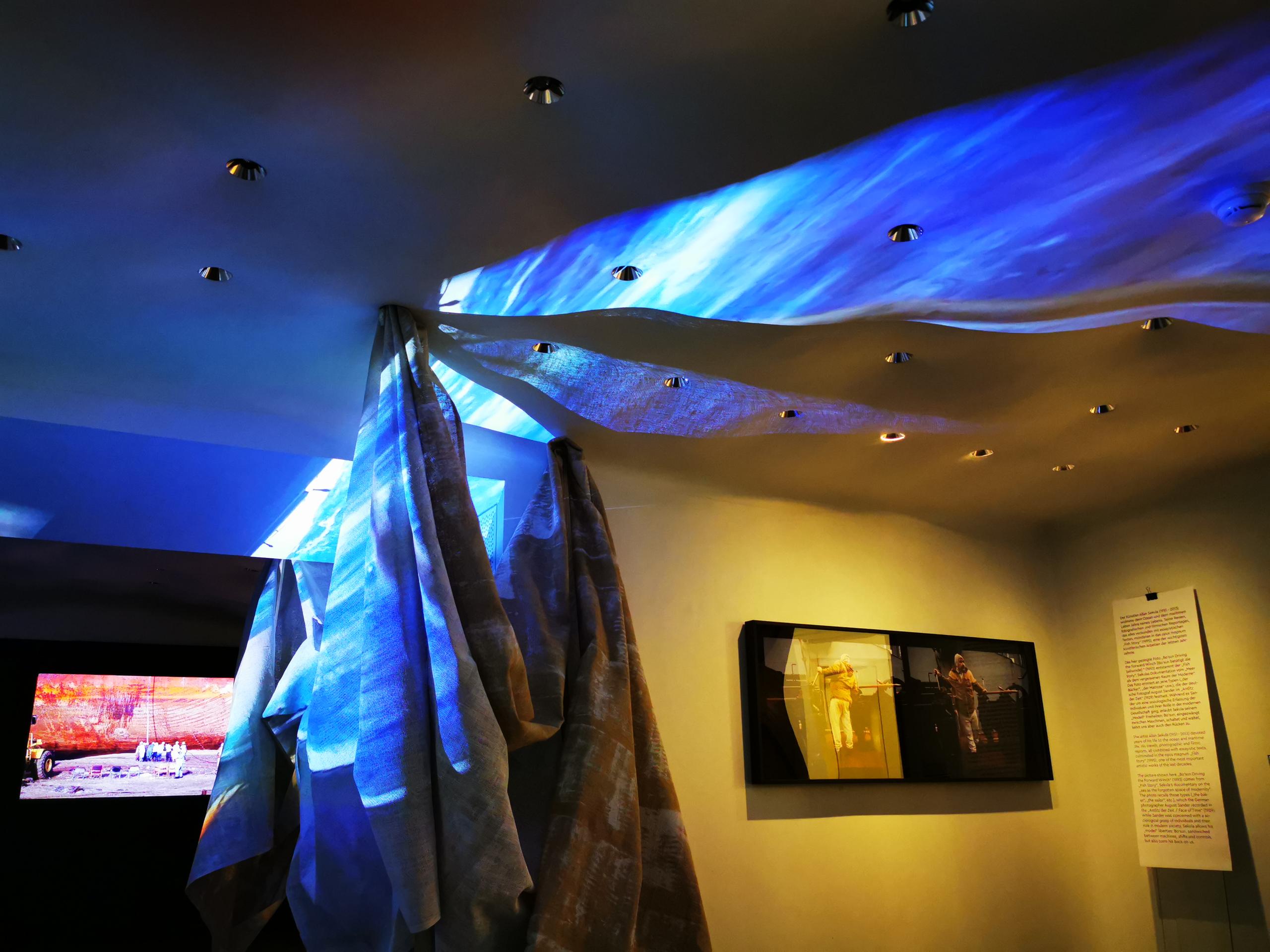
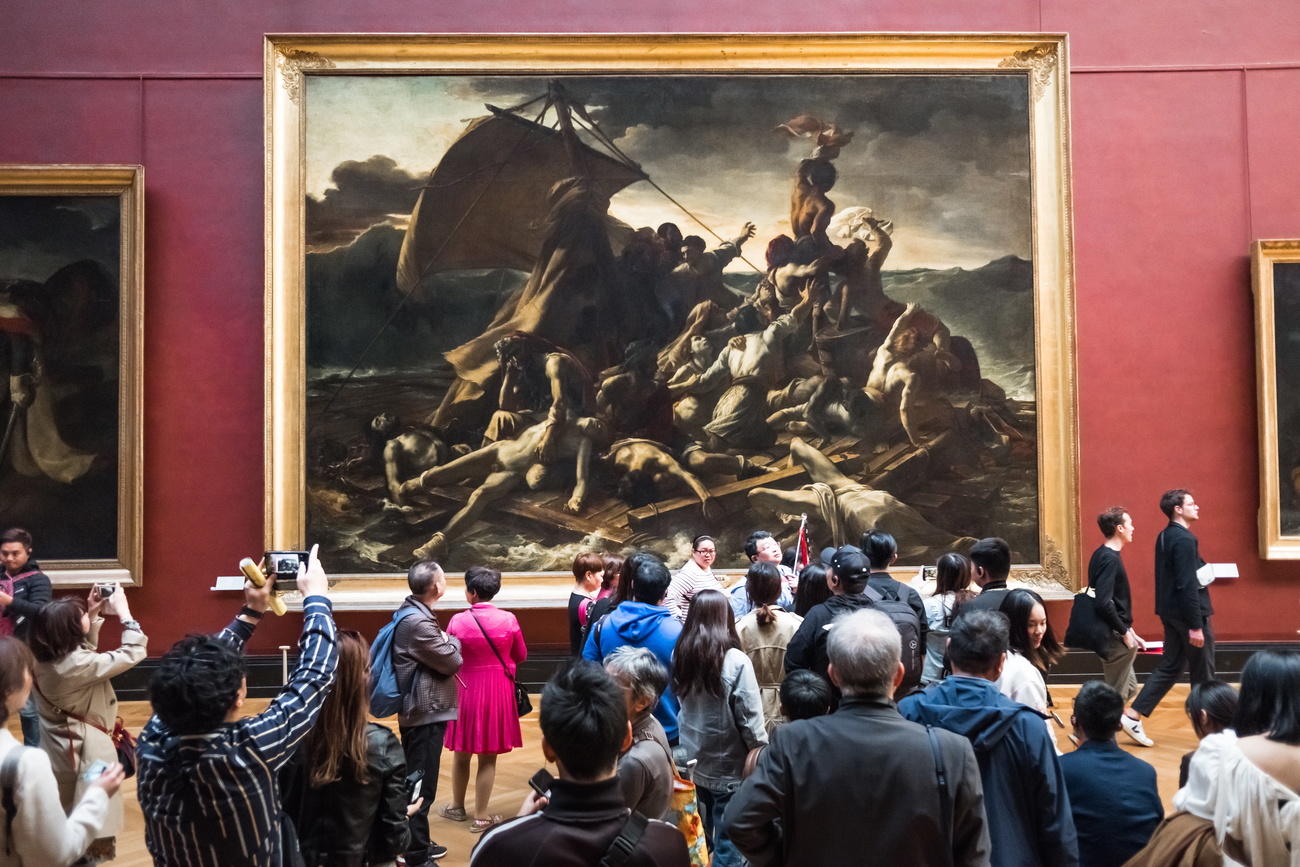
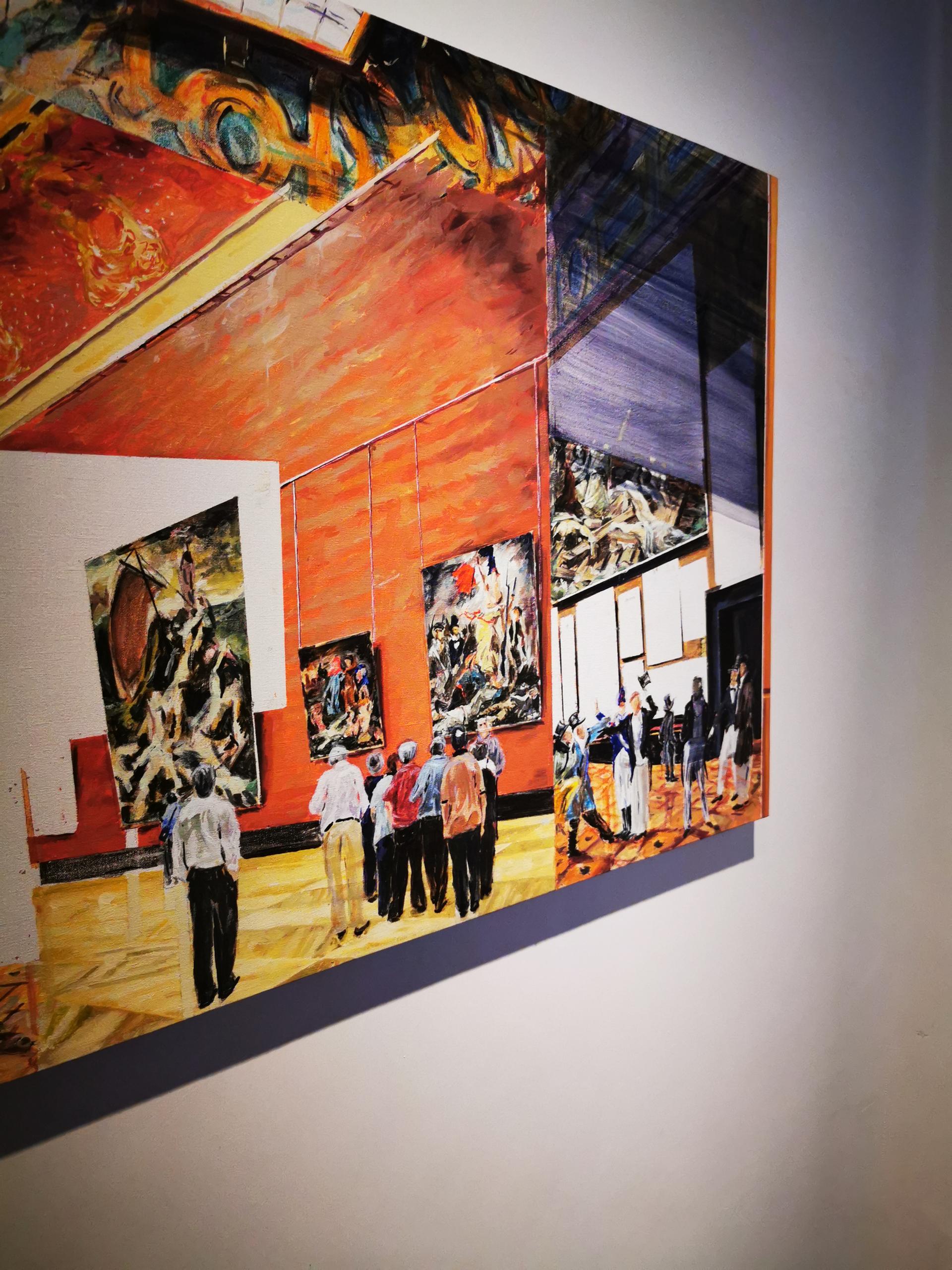
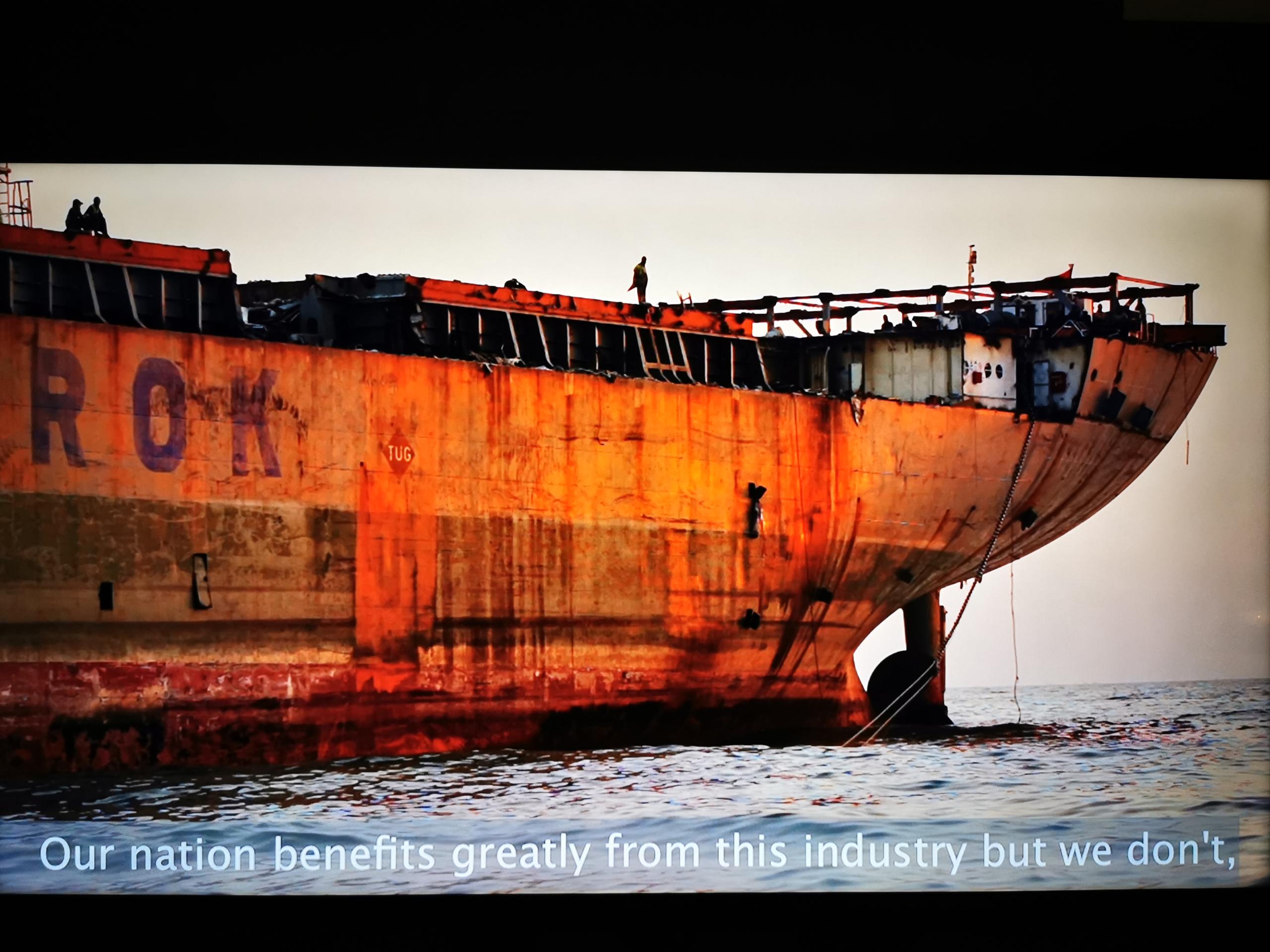


You can find an overview of ongoing debates with our journalists here . Please join us!
If you want to start a conversation about a topic raised in this article or want to report factual errors, email us at english@swissinfo.ch.